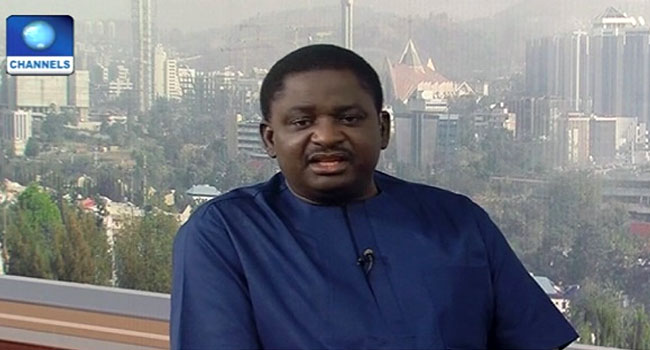Special Adviser to President Muhammadu Buhari on Media and Publicity, Mr Femi Adesina, says the current administration spends money better than previous governments.
He stated this on Thursday during a telephone interview on Channels Television’s breakfast programme, Sunrise Daily.
“Money is being better spent in Nigeria today and the economy is responding to that money that is better spent,” he said.
President Muhammadu Buhari’s administration has come under criticism recently, especially from the opposition Peoples Democratic Party (PDP) over its performance.
But Adesina disagrees. Rather, he praised his principal for improving the country’s economy, which to him has been attested to by the International Monetary Fund (IMF).
He added, “The National Bureau of Statistics (NBS) has come out with figures showing that the Gross Domestic Product is responding.
“Inflation has dropped for 15 months consecutively. IMF itself which projected 1.8 percent growth for Nigeria has reviewed it to 3.4 percent.
Adesina further faulted some media reports suggesting that President Muhammadu Buhari had threatened to arrest former President Olusegun Obasanjo over the reported $16 billion scam in the power sector.
The presidential spokesman distanced his boss from subjecting Chief Obasanjo to probe, insisting that Buhari opined to Nigerians not having value for money.
“What the President said was not to probe Obasanjo as interpreted by some media reports. Buhari was only saying that in this country, we have not got money for money and undoubtedly, that is the position.”
Speaking on power, Adesina believes that the Federal Government has succeeded in improving the power sector from less than 4,000 megawatts in previous administrations to over 7,000 megawatts.

